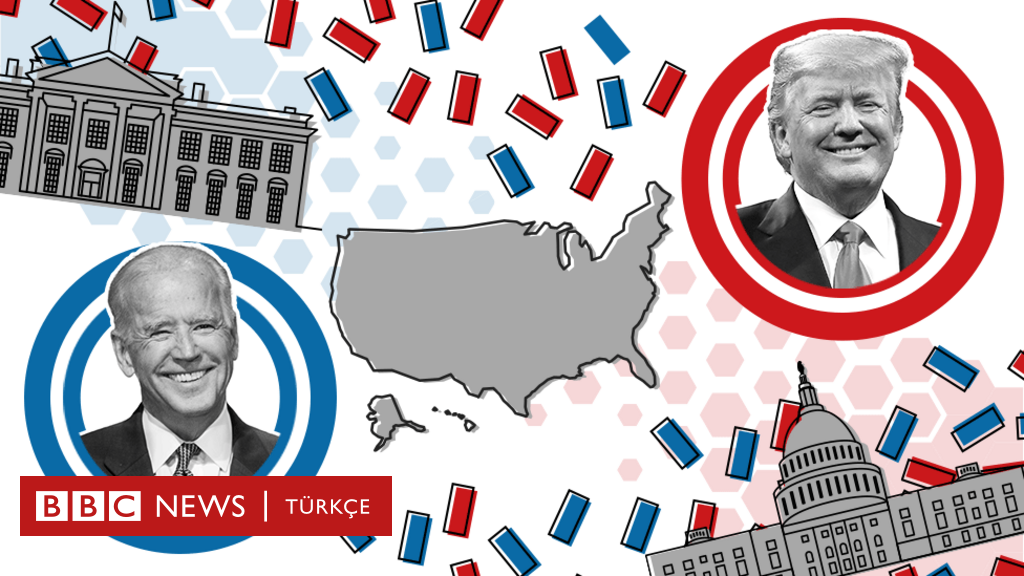The Fentanyl Problem: Holding China Accountable, According To A Former US Envoy

Table of Contents
China's Role in the Fentanyl Supply Chain
China's involvement in the fentanyl crisis is multifaceted and deeply concerning. Its role extends beyond mere transit; it's actively involved in the production and distribution of the precursors and, in some cases, the finished product itself. Understanding this intricate supply chain is crucial to developing effective countermeasures.
Precursor Chemicals
China is a major global producer of precursor chemicals – the essential building blocks used to synthesize fentanyl and its deadly analogs. These chemicals, while having legitimate industrial uses, are readily diverted to clandestine laboratories across the globe.
- Lax Regulatory Oversight: Weak regulatory oversight and enforcement in certain regions of China allow for the easy purchase and export of these precursor chemicals. This lack of control enables significant quantities to slip through the cracks and fuel the global fentanyl trade.
- Untraceable Shipments: Tracking these chemicals once they leave Chinese borders is incredibly challenging. The complex and often opaque nature of international shipping makes it difficult to pinpoint their final destination and disrupt the flow.
- Seizures Highlight the Problem: Numerous seizures of precursor chemicals originating from China highlight the scale of this issue. While seizures represent successes in interdiction efforts, they also underscore the sheer volume of precursor chemicals entering the illicit market.
Manufacturing and Trafficking
While not solely responsible for all fentanyl production, China significantly facilitates the manufacturing process. The ready availability of precursor chemicals within China, coupled with sophisticated trafficking networks, creates a pipeline for the production and distribution of fentanyl to markets worldwide.
- Sophisticated Networks: The networks involved are highly organized and adaptable, constantly evolving their tactics to evade law enforcement. They utilize a variety of methods, including shell companies, encrypted communications, and complex financial transactions.
- Evasion Techniques: These networks employ sophisticated techniques to obscure their activities and evade detection, making it difficult for international authorities to dismantle them effectively. This includes using multiple intermediaries and employing various transportation methods to mask the origin and destination of the illicit drugs.
- Fentanyl Seizure Statistics: Statistics on fentanyl seizures linked back to China paint a grim picture of the scale of the problem and the persistent challenge of disrupting the supply chain. These figures underline the urgent need for stronger international collaboration and more stringent regulatory controls.
Diplomatic Efforts and Challenges
Addressing China's role in the fentanyl crisis requires navigating the complexities of international diplomacy and overcoming significant challenges. A former US envoy, whose insights are invaluable in this discussion, highlighted the difficulties in securing cooperation from Chinese authorities.
The Former US Envoy's Perspective
“[Insert direct quote or paraphrase from the former US envoy here, focusing on the difficulties of holding China accountable. This could include details on the challenges of negotiating with Chinese officials, the lack of transparency, or the political sensitivities involved.]” This perspective emphasizes the political sensitivities involved and the need for a strategic, multifaceted approach.
- Challenges in Cooperation: Obtaining full cooperation from Chinese authorities has proven extremely difficult, hampered by a lack of transparency and often conflicting priorities.
- Political Ramifications: Direct confrontation with China carries considerable political risk and could potentially escalate tensions in an already complex geopolitical landscape.
- Past Diplomatic Strategies: Analysis of past diplomatic strategies reveals both successes and shortcomings, offering valuable lessons in how to approach this issue more effectively in the future.
International Cooperation
Effective countermeasures require increased collaboration between the US, other nations, and, crucially, China. This involves sharing intelligence, enhancing law enforcement cooperation, and strengthening global regulations on precursor chemicals.
- Successful Collaborations: Highlighting successful examples of international collaboration in combating drug trafficking provides a framework for future efforts and demonstrates the potential for positive outcomes when nations work together.
- Unified Global Approach: The need for a unified, global approach is paramount. A fragmented response is ineffective against a transnational criminal enterprise operating across borders.
- Strengthening International Cooperation: Potential strategies include strengthening international treaties, improving information sharing mechanisms, and enhancing joint law enforcement operations.
Solutions and Strategies for Addressing the Fentanyl Crisis
Addressing the fentanyl crisis requires a combination of strong domestic enforcement and comprehensive public health initiatives. These strategies must work in tandem to effectively combat the opioid epidemic.
Strengthening Domestic Enforcement
Robust domestic enforcement is crucial for disrupting fentanyl trafficking and holding traffickers accountable. This requires a multi-pronged approach targeting various stages of the supply chain.
- Border and Port Security: Improving drug interdiction at borders and ports is essential to intercept shipments of fentanyl and precursor chemicals. This includes investing in advanced detection technologies and enhancing personnel training.
- Drug Detection Technologies: Investing in sophisticated drug detection technologies is crucial for improving the efficiency and effectiveness of law enforcement efforts. This includes developing new tools and techniques to detect fentanyl and its analogues.
- Targeting Drug Trafficking Organizations: Targeted enforcement against major drug trafficking organizations is essential to dismantling their networks and disrupting the flow of fentanyl. This requires intelligence gathering, coordinated law enforcement operations, and asset forfeiture.
Public Health Initiatives
A comprehensive public health response is equally critical. Addressing the opioid crisis requires a holistic approach that encompasses harm reduction, addiction treatment, and public awareness campaigns.
- Addiction Treatment and Recovery: Providing access to evidence-based addiction treatment and recovery services is essential to help those struggling with opioid addiction. This includes medication-assisted treatment, counseling, and support groups.
- Harm Reduction Strategies: Implementing harm reduction strategies, such as safe injection sites and naloxone distribution, can help mitigate the risks associated with fentanyl use. These measures are crucial for saving lives and reducing the harm caused by opioid overdose.
- Public Awareness Campaigns: Raising public awareness about the dangers of fentanyl through targeted campaigns is vital. Educating the public about the risks, symptoms of overdose, and available resources is crucial for prevention and intervention.
Conclusion
The fentanyl crisis is a global challenge demanding a multifaceted response. Holding China accountable for its role in the illicit fentanyl trade is crucial, but requires a nuanced approach combining diplomatic pressure, international cooperation, strong domestic enforcement, and robust public health initiatives. The insights of a former US envoy underscore the difficulties involved but also highlight the urgency of action. We must continue to push for greater accountability and work collaboratively to effectively address this devastating fentanyl crisis. Only through a concerted global effort can we hope to significantly reduce the flow of fentanyl and save lives. Let's demand stronger action to combat the fentanyl problem and hold those responsible accountable.

Featured Posts
-
 The 2024 Election Trumps Criticism Of Bidens Leadership
May 16, 2025
The 2024 Election Trumps Criticism Of Bidens Leadership
May 16, 2025 -
 Michael Venom Page On Pimblett Vs Chandler A Victory Roadmap
May 16, 2025
Michael Venom Page On Pimblett Vs Chandler A Victory Roadmap
May 16, 2025 -
 Celtics Game 3 Starting Guard Absence Vs Orlando Magic
May 16, 2025
Celtics Game 3 Starting Guard Absence Vs Orlando Magic
May 16, 2025 -
 Township Water Contamination Causes Concerns And Solutions
May 16, 2025
Township Water Contamination Causes Concerns And Solutions
May 16, 2025 -
 Dodgers Farm System A Closer Look At Phillips Linan And Quintero
May 16, 2025
Dodgers Farm System A Closer Look At Phillips Linan And Quintero
May 16, 2025
